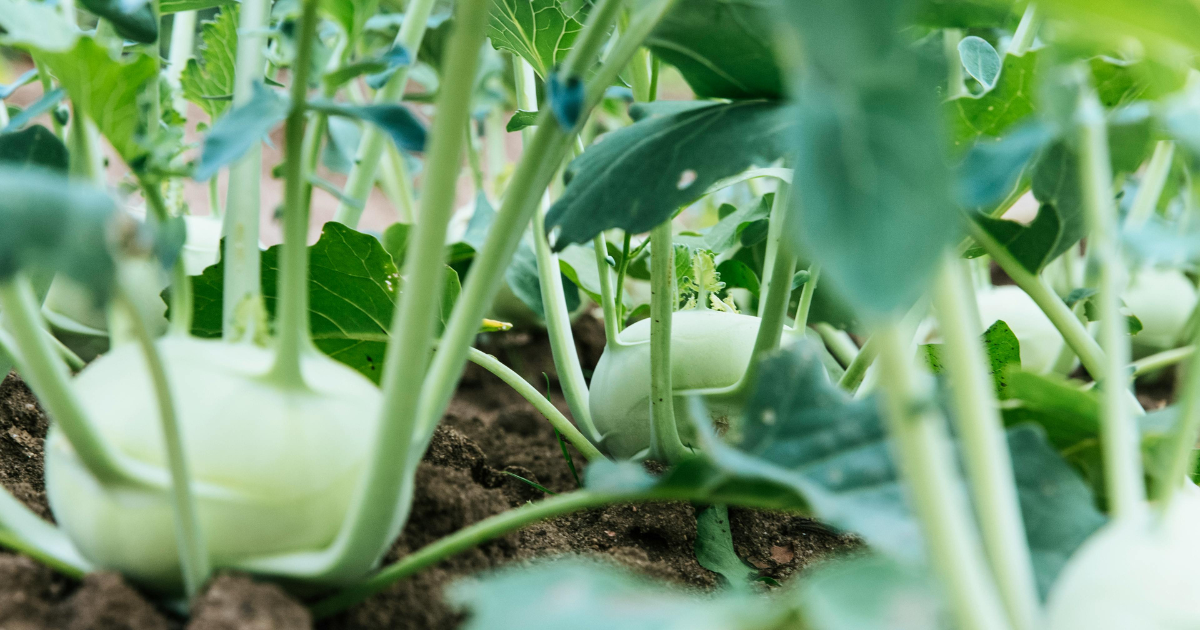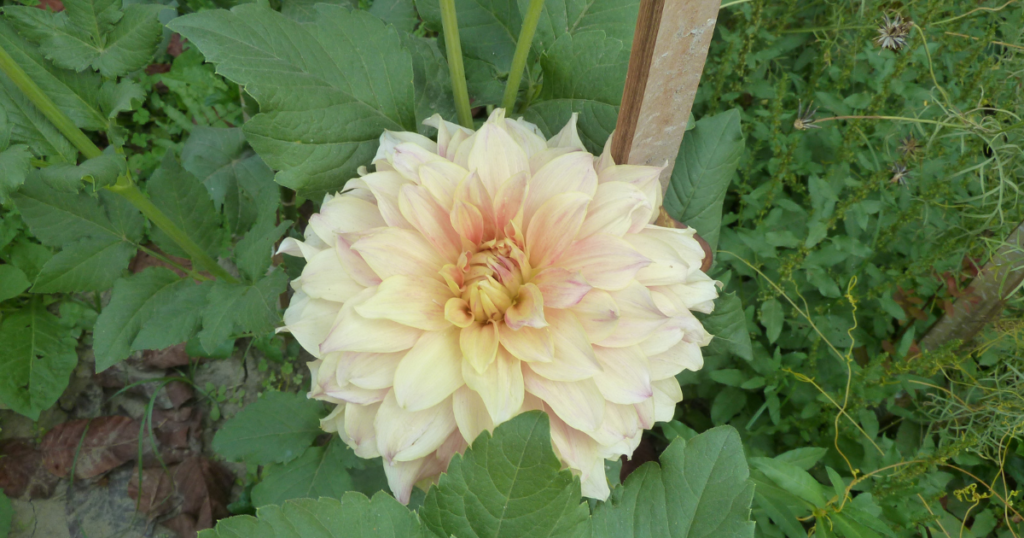
Discover why gardening is our 21st-century superpower! Dive into the world of modern gardening with our friendly guide!
Table of content
Introduction
Environmental Benefits of Gardening
Health Benefits of Gardening
Community and Social Benefits
Economic Benefits
Educational Benefits
Psychological Benefits
Food Security
Promoting Sustainable Living
Addressing Climate Change
Conclusion
Faqs
Introduction
Today in this fast developing world we see the development or advancement of technology in almost every aspect of our lives, we may think of gardening as a wonderful hobby of the past but the truth is quite the opposite because gardening is needed even more in the 21st century for the same reasons it was needed in the past. . This garden can play a very effective role in meeting the challenges of health protection, social and psychological change for our lifestyle.
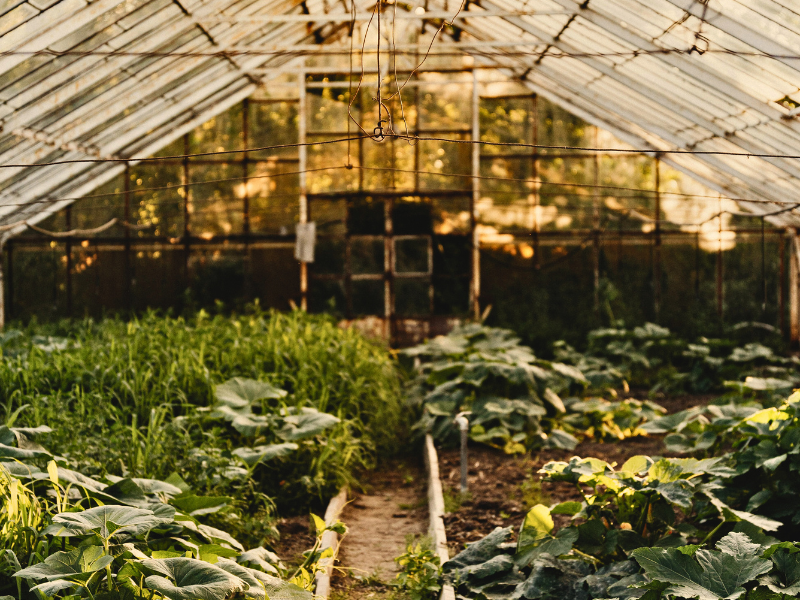
Environmental Benefits of Gardening
Only the garden plays the most significant role in maintaining the balance of the environment. By nature we mean garden only i.e. it can be a garden full of plants or vegetable garden or flower garden. We plant the seedlings of various plants. The plants take in carbon dioxide in the process of photosynthesis for their growth and release oxygen, we take that oxygen and live. In this way, the garden acts as a habitat for various plants and animals, thereby preserving the diversity of animals on the one hand and enriching the ecosystem.
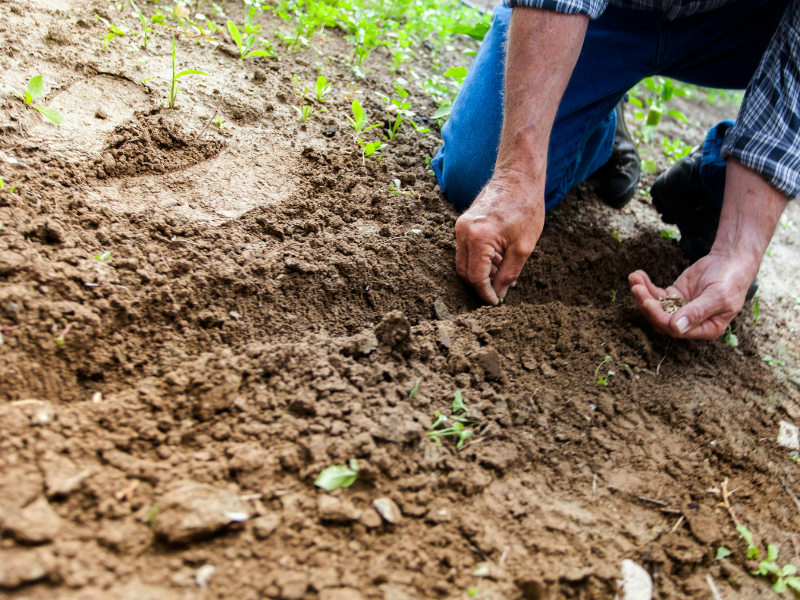
Health Benefits of Gardening
Participating in gardening or working in the garden as a farmer has many health benefits. When a person slowly completes a task for a long time, then the different parts of the body are activated through different physical gestures, that is, they are able to work. If a person works in the garden every day, the blood circulation of his body will be activated, the different nerves, muscles and heart will work properly, in a word, the whole body will be healthy. That is, there is no substitute for exercise to keep the body healthy. If a person stays in nature for a long time, his mental health is maintained and the mental stress gradually decreases. People’s positive energies start to increase and negative energies start to disappear.
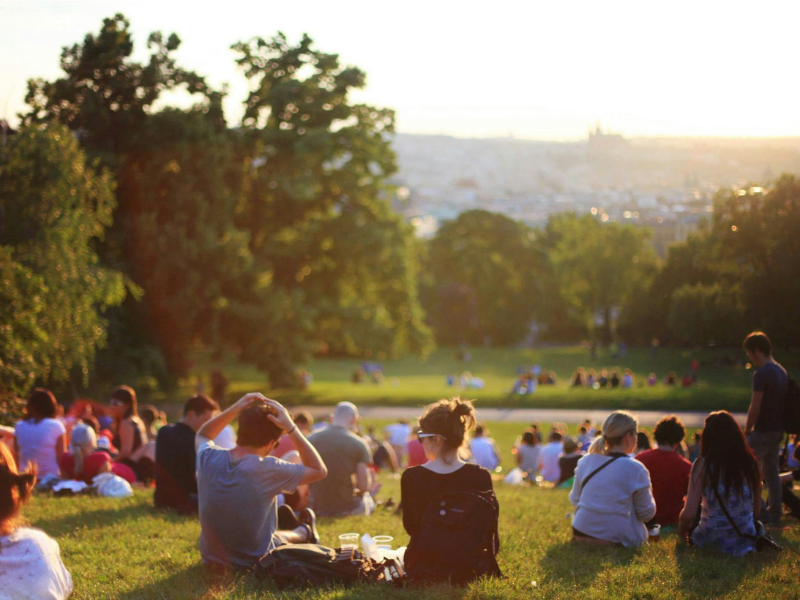
Community and Social Benefits
The people related to the garden or the farmers form a social community among them i.e. we see the agricultural fields with millions of hectares of land without any partition, similarly among the farmers their liberal mindedness and human values are awakened. This is how they cooperate with each other in their social behavior and their various affairs within a community.
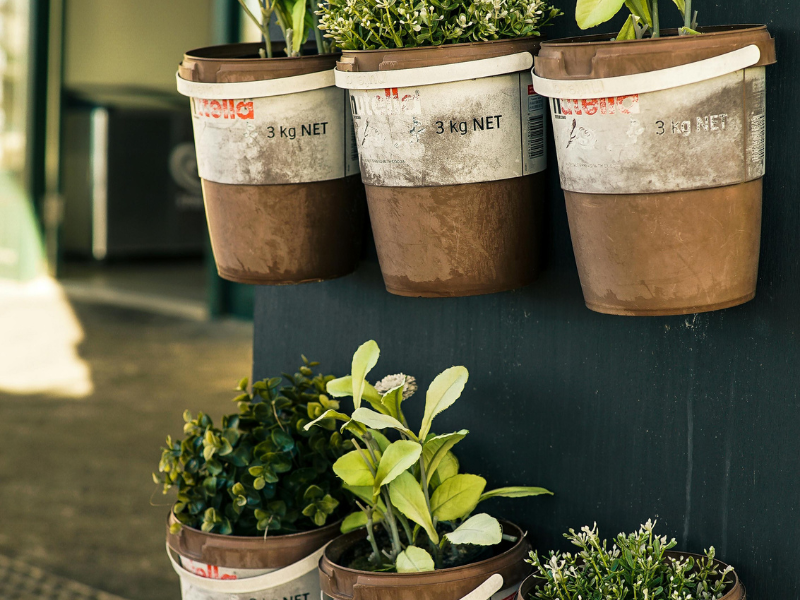
Economic Benefits
The economic benefits of gardening are vast, in a word, its magnitude cannot be expressed in words because in the earlier days when there was no currency, this garden i.e. agriculture solved every aspect of people’s daily life. We can make our own organic fertilizers and use it in the garden to grow fresh and organic vegetables and reduce the cost of groceries to improve the family’s economy. If you think a little more, you can see that by making a small pond on one side of the garden, a small farm of chickens or ducks can meet our meat needs. When there is a war or famine or economic depression in the country, this garden takes all the responsibility of managing our life and the surplus production helps to meet the human needs of the environment around us. Again in normal times this extra production can make us economically profitable.
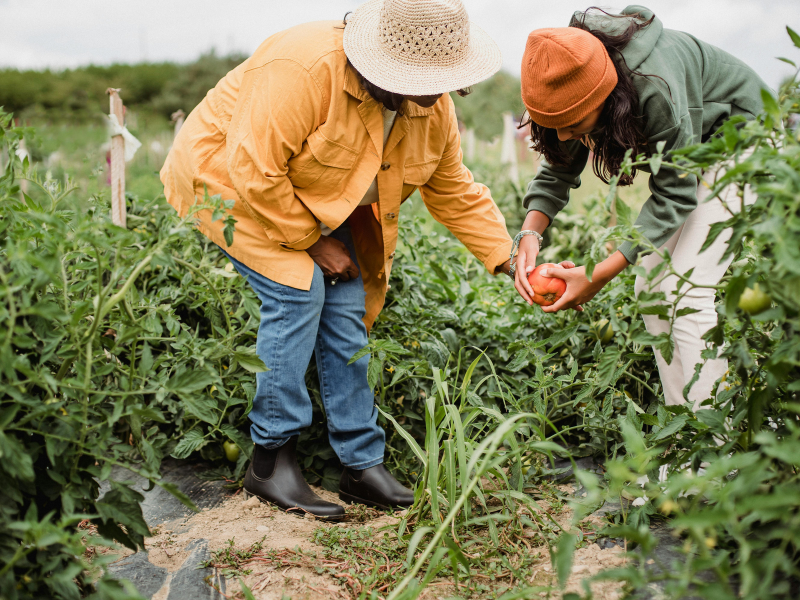
Educational Benefits
We can use gardening as a teaching tool especially for students and young children. As a life skill in students and young children it will be felt to be an extreme gain throughout life. The garden will teach them how to be responsible and patient in carrying out a specific task each day, and will instill a deep appreciation for nature and the environment as future gardeners.

Psychological Benefits
Gardening and psychology are considered complementary to each other. Working with soil and plants in the garden can also be called a calming therapy. Looking at it from a positive point of view, we can understand that just as the stress and anxiety levels of people decrease while working in the garden, in reverse order, we grow and develop the plants in the same way, we feel satisfied and our mental well-being increases manifold.

Food Security
Due to war in the country or global famine, the issue of food security depends on these gardens or agricultural fields. We can maintain this balance of the environment by producing the necessary food for ourselves in the garden or in the agricultural fields and distributing the excess food evenly around us. Thus our dependence on external food sources will decrease and on the other hand our dependence on fresh, organic and nutritious foods will increase.
Promoting Sustainable Living
For those of us who have gardens or are interested in agriculture, we live in an environment where the entire environment is eco-friendly. By putting it in a certain place to decompose, and the waste in the kitchen is decomposed in a certain place in the garden and compost is made from it and used to increase the fertility of the plants in the garden, not only the environment is controlled, but a beautiful environment is created through it. possible to do. In this way, gardeners contribute significantly to the conservation of the environment.
Addressing Climate Change
The role of gardens or agricultural fields in climate change is immense. It doesn’t take long to tell what effect a garden or forest has on an environment. If the effect of greenery can always be witnessed in the forest or agricultural field or garden, then we can understand that this garden can contribute to prevent the temperature change of our environment and air pollution. Plants in the garden absorb carbon dioxide from the environment and provide life for animals, that is, they play a significant role in preserving the environment.
Conclusion
Coming to the 21st century, we cannot identify the garden as a mere recreational place. Benefits such as economic balance, health protection, environmental protection, psychological improvement, social change etc. are closely related to gardening. We can contribute to a better and more sustainable world by treating the garden as a part of the home.
Faqs
1 . Is gardening suitable for urban dwellers with limited space?
Yes, urban gardening techniques such as container gardening and vertical gardening allow individuals to cultivate plants even in small spaces like balconies or rooftops.
2 . How much time does gardening typically require?
The time commitment for gardening varies depending on factors such as garden size, plant selection, and maintenance needs. However, even a few hours of gardening per week can yield significant benefits.
3 . Can gardening help combat food insecurity in low-income communities?
Absolutely. Community gardens and urban farming initiatives have proven effective in providing fresh, nutritious produce to underserved communities, thus addressing food insecurity issues.
4 . Are there any specific health risks associated with gardening
While gardening is generally considered safe, individuals should be mindful of potential risks such as exposure to pesticides, allergens, and sharp garden tools. Proper safety precautions should be followed to minimize these risks.

